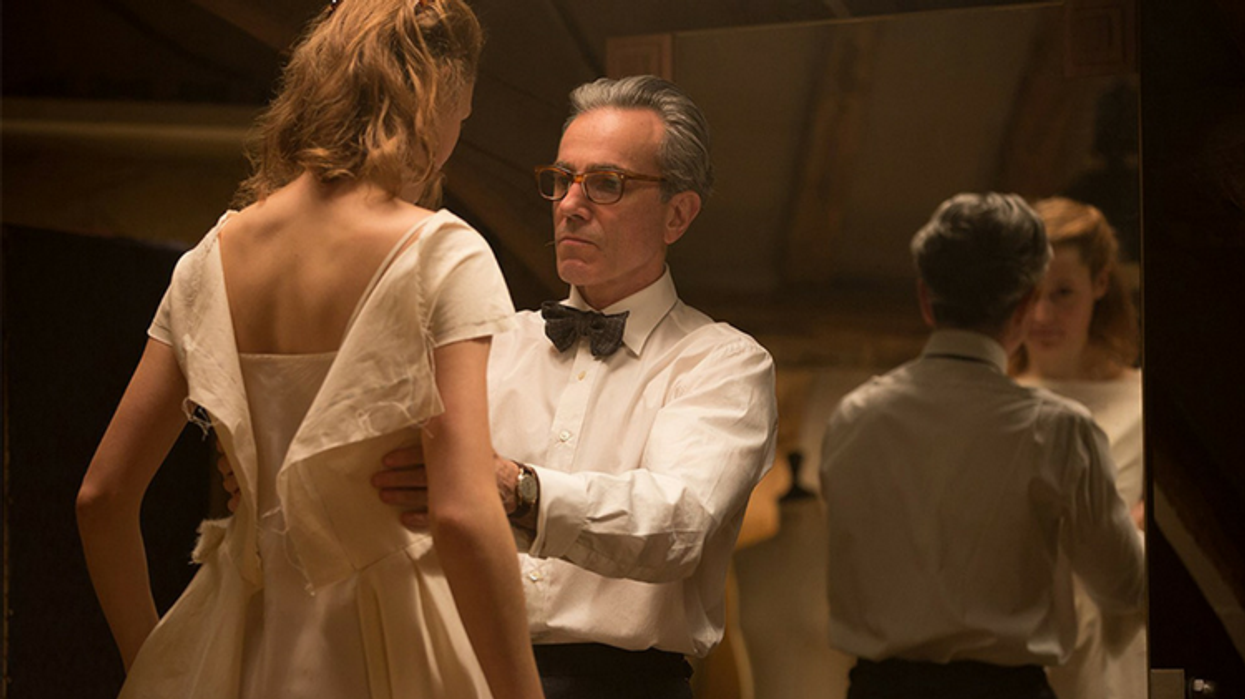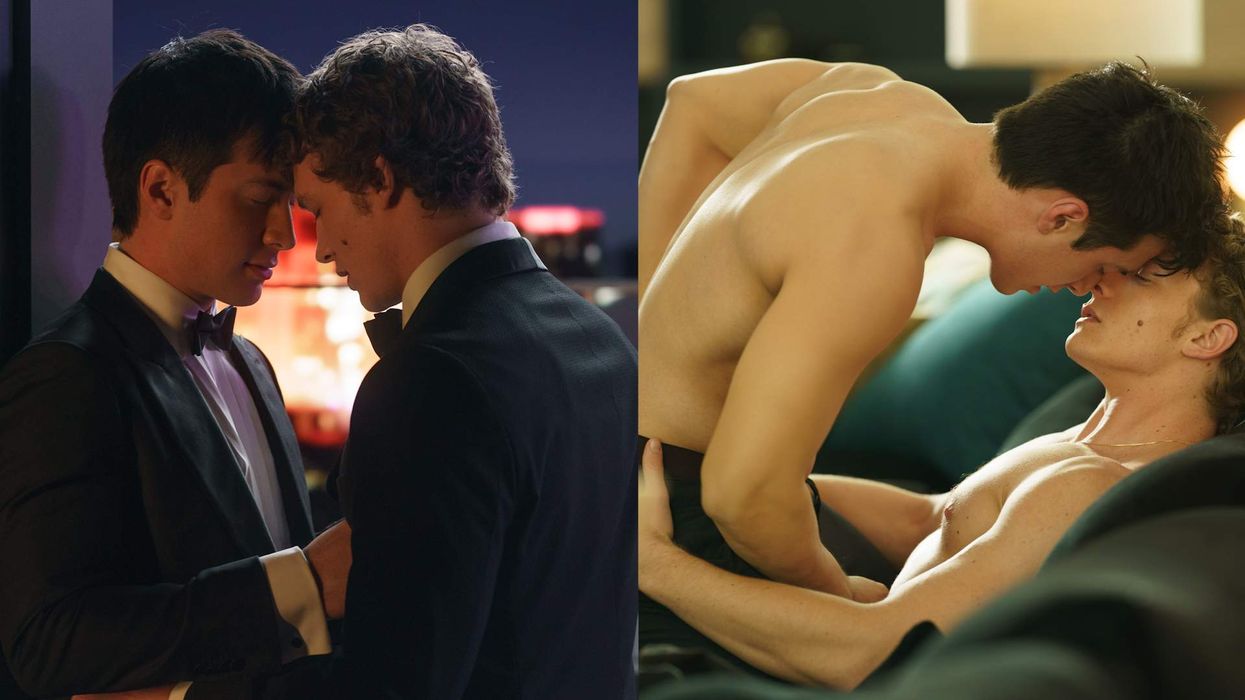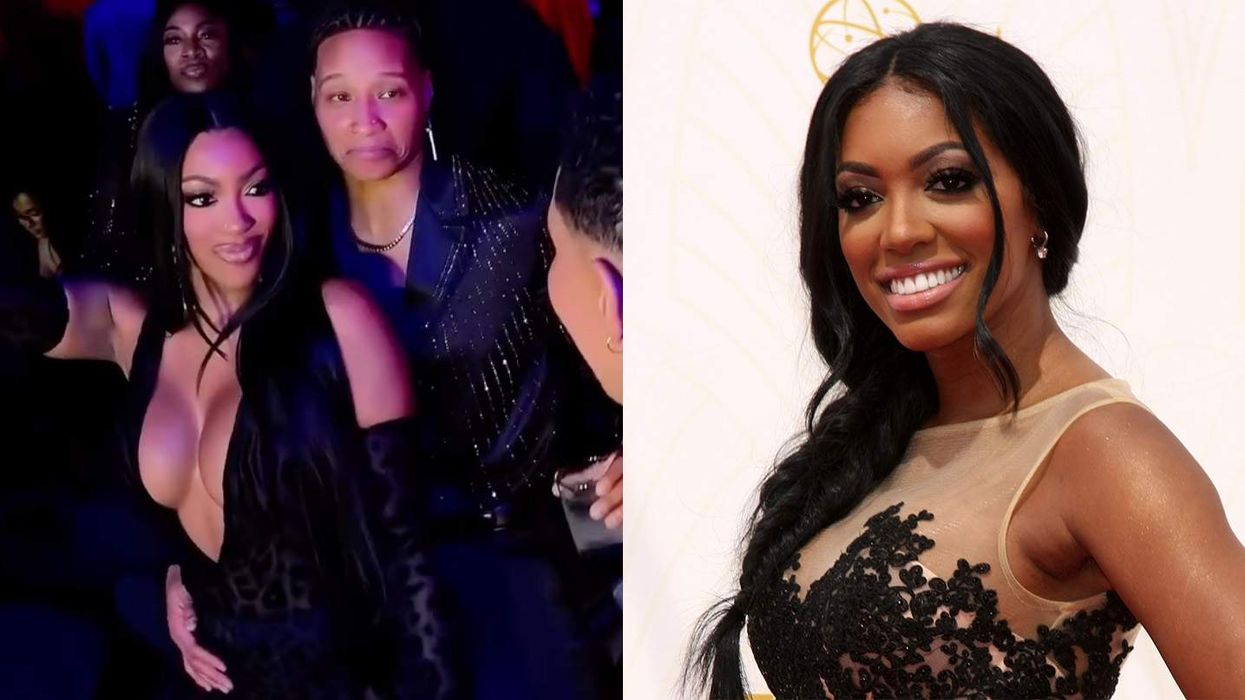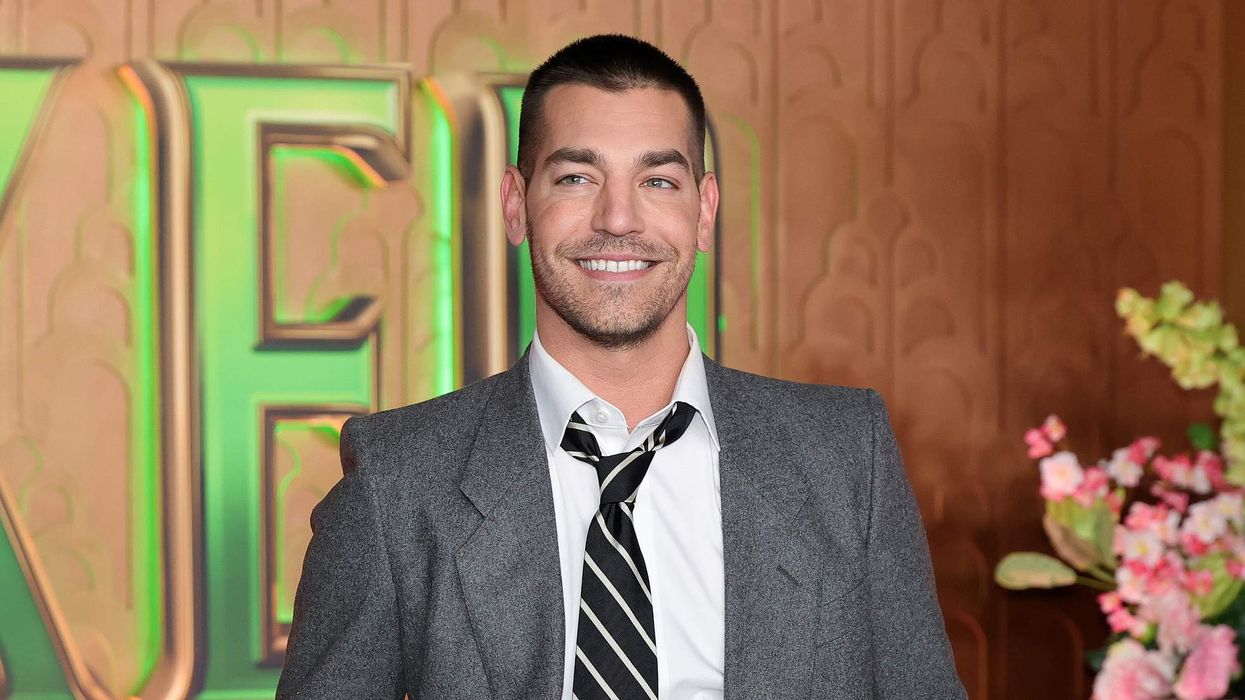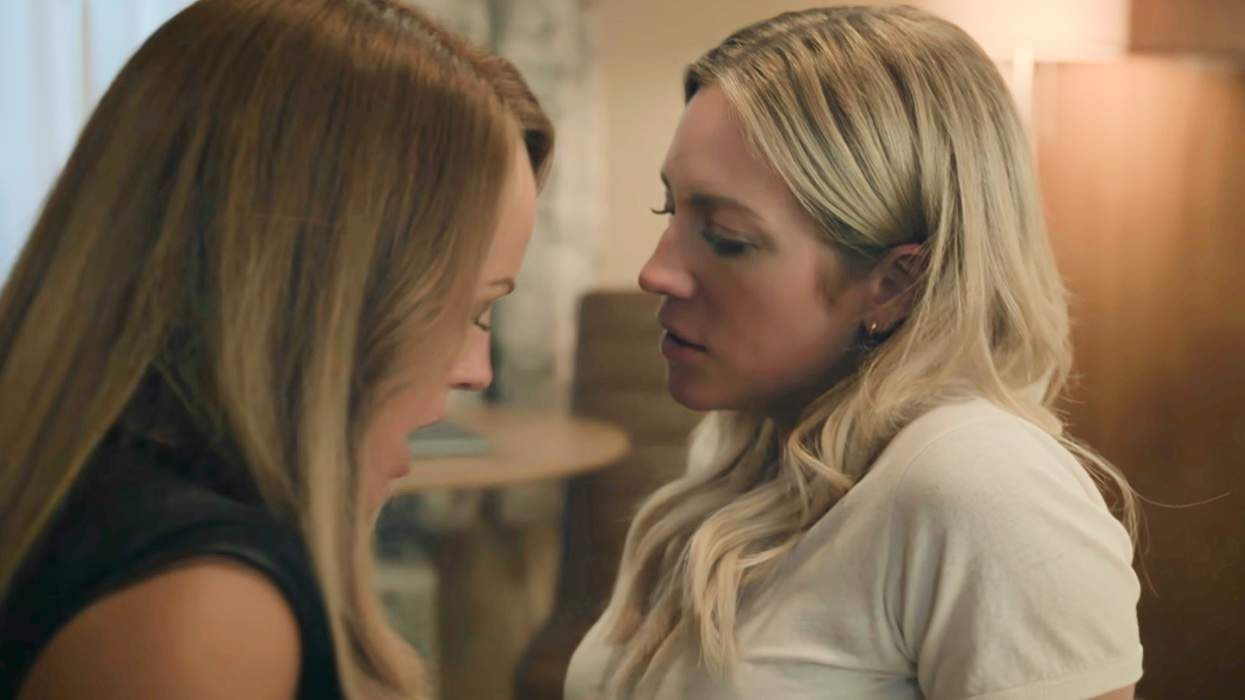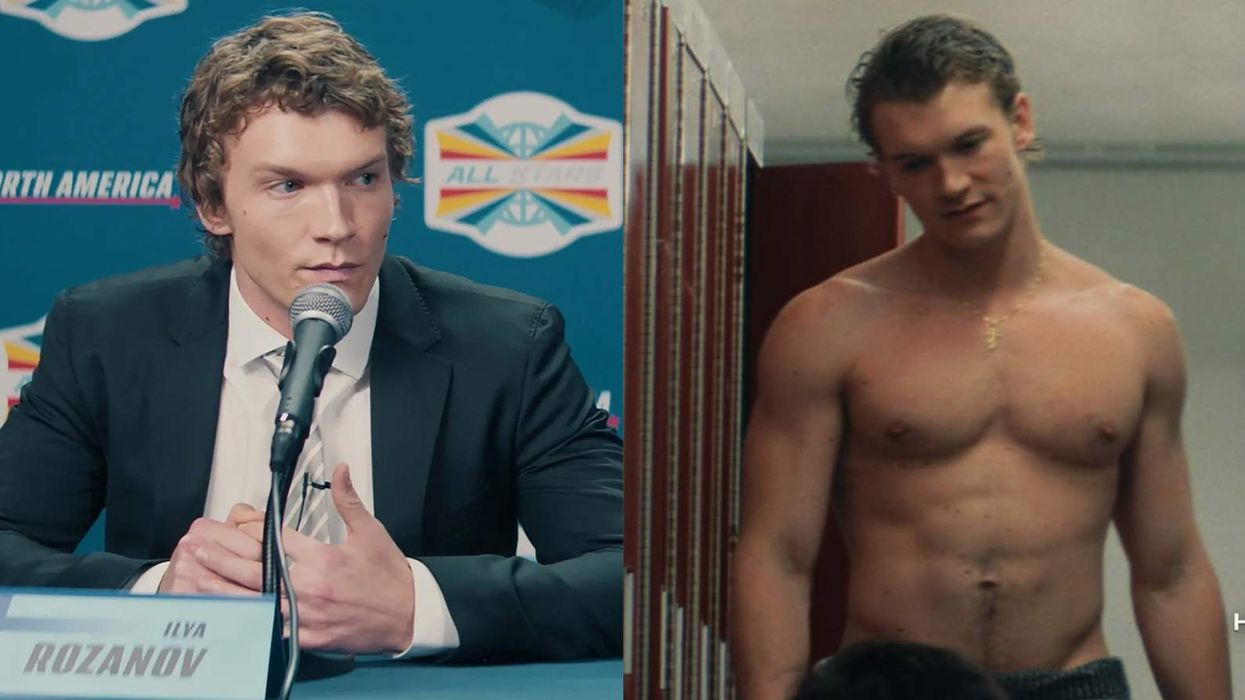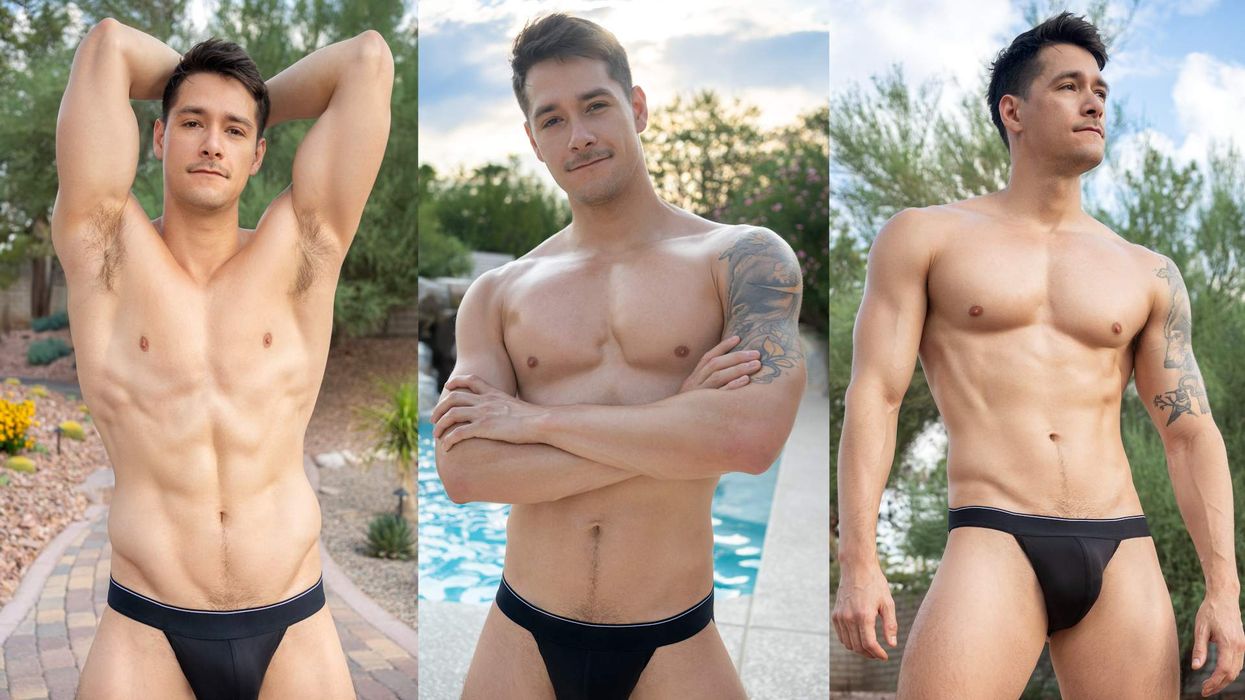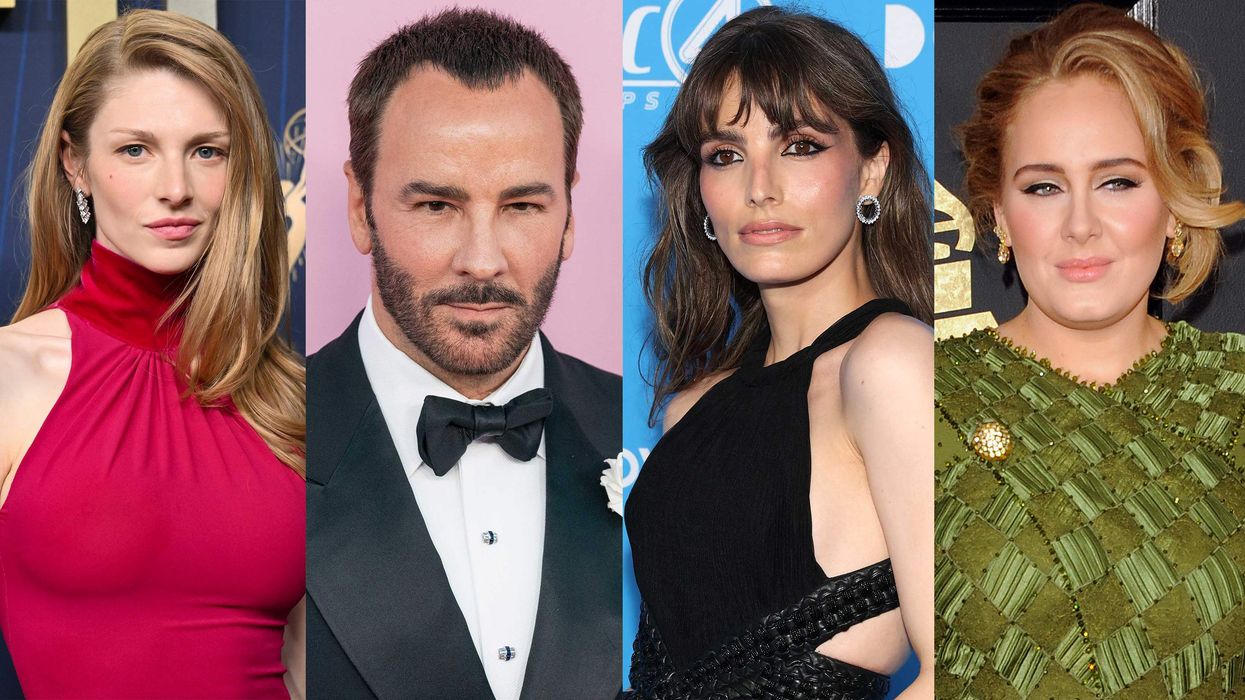Phantom Thread isn’t the film you expect it to be. I can’t say for certain what exactly I was expecting to see when I stepped into the theater, but judging by the rows chock-full of senior citizens, I thought maybe I’d be smacked in the face with references to the "good old days" and the kind of heteronormativity we’ve all learned to swallow when we go see a film of this nature. But, no. Phantom Thread is about more than the era in which it is set; it’s about the way a well-made dress or tailored suit or any other clothing item has the power to hide our deepest flaws, how man can be made beautiful by his creations, and how those creations do not absolve us of our sins. It is the genuine expression of love that does this for us, instead.
Set in 1950’s London, Phantom Thread begins at the top of an unusual and, to many of us, unfathomable work day. In the film’s opening sequence, an army of women marches into Reynolds Woodcock’s (Daniel Day-Lewis) fashion house where they take their stations and prepare themselves to put the finishing touches on a dress to be delivered to a client that day. The satisfaction of a client comes at the dissatisfaction of someone else, though: Reynolds’ lover and model Johanna (Camilla Rutherford). As the morning unfolds, so does the end of Johanna’s and Reynolds’ love affair.
“Where have you gone, Reynolds?” Johanna asks. “There’s nothing I can say to get your attention back at me.”
Reynolds, the busy and sometimes tortured artist, is completely unmoved by her pleas and tells her quite simply that he cannot be bothered with confrontations.
Across from Johanna sits Cyril, Reynolds’ sister, who later ends the affair on her brother’s behalf. It’s the end of this strange (and perhaps even sordid) love triangle that leads us into a brand-new affair and the main story of the film: Reynolds’ relationship with a waitress named Alma (Vicky Krieps) who consumes all of his love and accepts none of his nonsense.
Almost as soon as Reynolds meets Alma, he falls for her and her figure, so much so that he feels it imperative to bring her home to take her measurements. During the encounter, we see Alma in a state of undress which leads one to believe that it will end in a whirlwind of lust and expression of desire. It is only when Cyril stumbles onto the scene that the true intention behind this encounter unfolds. In a dizzying frenzy of measuring tape, numbers, and pencil marks, Reynolds and Cyril find in Alma what they’ve yet to find in anyone else: a perfect body.
“You have the ideal shape,” Cyril explains to Alma.
And here begins a love affair for the ages. Alma is the perfect third wheel for the siblings, who have dedicated their lives to their dressmaking work.
As Alma’s relationship with the pair grows deeper, her temperament proves to be a challenge. She isn’t the docile, silent type that’s happy to perform her duties in exchange for a bit of Reynolds’ attention or an approving glance from Cyril. She wants all of Reynolds to herself and seeks to defy Cyril’s guidance to make her love and desire known.
Alma’s strong sense of self and of self-worth throws the tantrum-prone Reynolds and the stone-cold Cyril out of their routine. At every turn, she asserts that she is more than capable of standing on her own two feet. She doesn’t need Reynolds (or even Cyril) and is keen to prove it to him every single time he encroaches upon her independence. However, she wants Reynolds and is willing to spend the rest of her days with him so long as he can recognize what she is capable of. So, she cuts him down a couple of notches when he gets out of line...by poisoning him.
Alma’s self-assuredness in the face of Reynolds’ inner manchild is a welcome reprieve from the often stifling environment at the fashion house. For far too long, Reynolds has thrived on the blood, sweat, and tears of the women who work beneath and beside them. These women cater to him, take his place when he’s incapacitated, and stick their necks out for him when he’s out of line. In short, he doesn’t seem to recognize just how much they serve him instead of the other way around, and Alma’s “insolence” makes him feel the heat of it all for the very first time in his life.
No longer is he the master of these women; he soon becomes a slave to his beloved Alma and her need to be seen as an individual. Even Cyril, who’s worked tirelessly her entire life to ensure the success of her brother and their business, begins to look different. It’s as if, through Alma, Reynolds can finally see these women and how much he’s undervalued their personhood. Eventually, it is Reynolds who becomes the third wheel.
So, given all of this, where exactly do the dresses come in? Oh, they’re most certainly there. The dresses and the hidden messages Reynolds sews into their seams are direct reflections of his love for women (namely his mother, sister, and Alma) and his desperate need for approval. Designing them is the only way he can express any sense of empathy or compassion. Ultimately, they mask what malice exists within Reynolds and speak volumes for the women who spend endless hours bringing to life the tortured beauty of a toxic man.
Above all, though, they prove that no amount of beauty can put a permanent veil on the ugliness that lies beneath the surface. In the end, Reynolds and Alma create their own secret world of love and beauty. But in truth, their relationship is volatile and errs on the side of danger. What the film seems to be asking is, who among us can truly say what love is? Have Reynolds and Alma not found some form of it, no matter how unseemly it looks to the rest of us?
All in all, the film is beautifully done. The cast, costuming, and cinematography are top notch in every way. What impressed me most about it was that it wasn’t afraid to be itself, much in the same way that Alma and Reynolds were not afraid to be who they are. The film has a distinct quirkiness to it that is splayed in all its glory, and it always allows room for its characters to be as silent or as human as they need to be given the moment.
I do think Vicky Krieps was deserving of an Oscar nomination for the poignancy and genuine tenderness of her performance. As always, Daniel Day-Lewis is fantastic as the toxic and manipulative Reynolds, and Lesley Manville is impressive as the immovable Cyril. Overall, a very solid effort and one of the best films I’ve seen in awhile.
Watch the trailer for Phantom Thread below.
